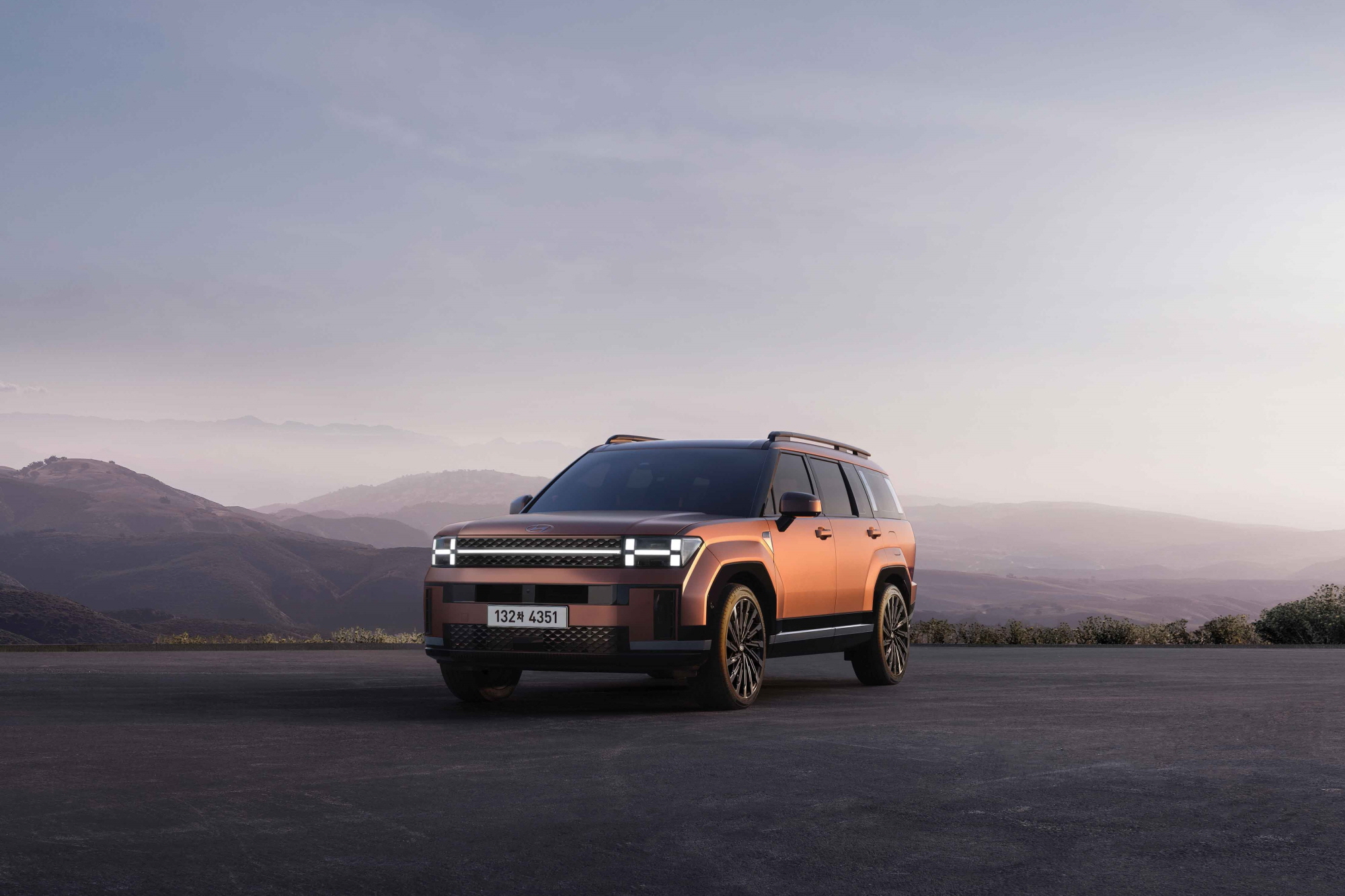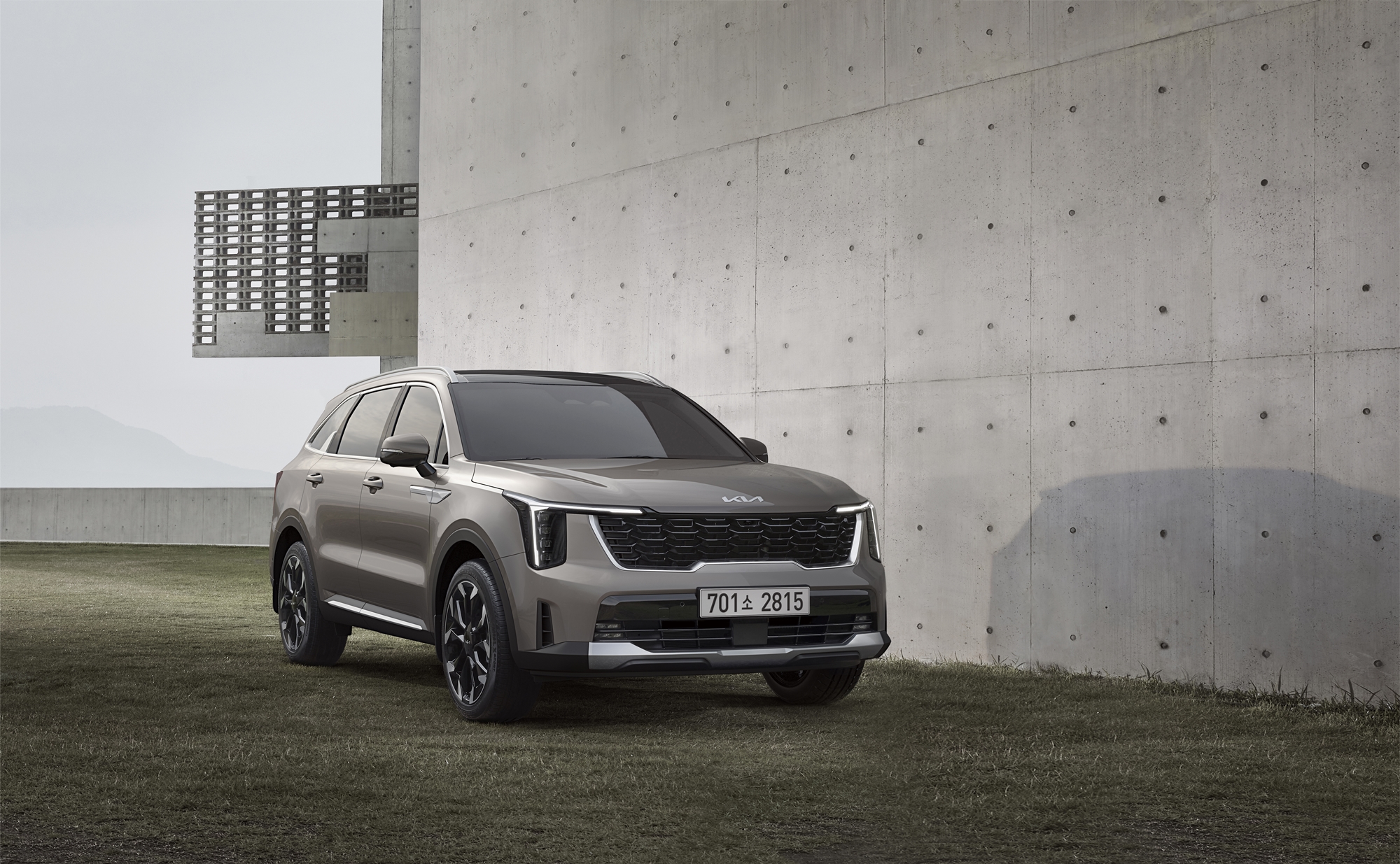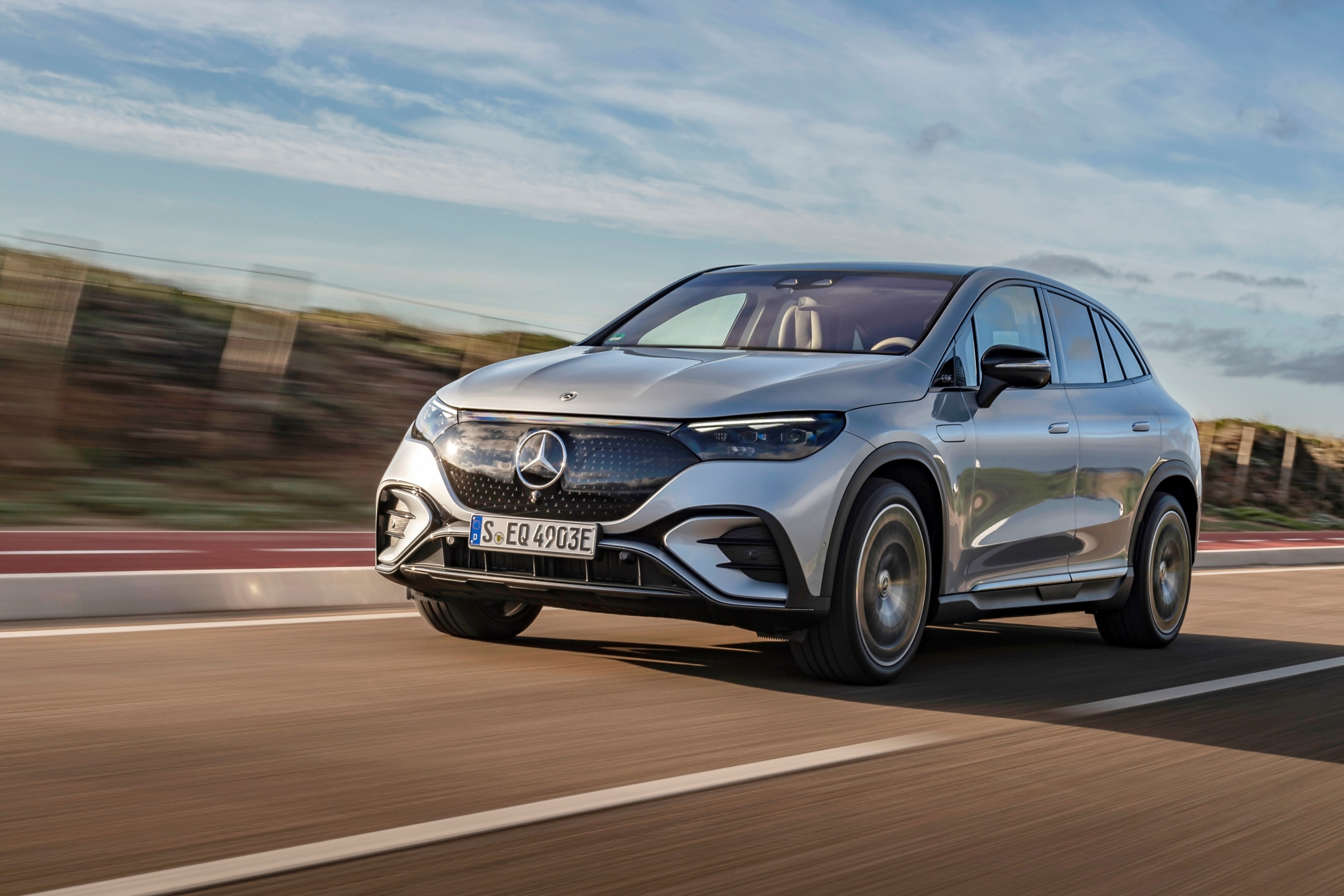
Diesel vehicles are rapidly disappearing. This is due to increasingly stringent global diesel engine regulations, causing automakers to halt production and consumers to shift their perceptions.
Hyundai has announced that it will not sell diesel models starting with the fifth-generation Santa Fe, which was unveiled on the 8th. The available models include a 1.6 hybrid engine and a 2.5 turbo engine. Its sibling model, the Kia Sorento, still offers diesel but to a diminishing audience.
The Sorento’s July sales reached 5,678 units, with the hybrid model accounting for 4,041 of those, making up 79.9% of total sales. The remaining 20% is shared by the pure internal combustion gasoline and diesel models.

The diesel SUV, known for its high torque and power, is now being overtaken by hybrids amid regulations due to the climate crisis and automakers’ withdrawal from investing in diesel engines.
This trend is rapidly spreading in the imported car market as well. According to the Imported Car Association, July sales totaled 21,138 vehicles, with diesel models accounting for only 2,311 units, down 15% from the previous year’s 2,720 units.
Hybrids sold a total of 6,692 units, marking a 20% increase from last year’s 5,569 units, while electric vehicle sales rose to 2,077 units, a growth of 8.6% from last year’s 1,751 units.

Mercedes-Benz reported that diesel model sales totaled 6,105 units from January to July this year, a decrease of 43% compared to the same period last year, which saw 10,780 units. Conversely, the sales of pure electric vehicles from Mercedes-Benz skyrocketed to 4,795 units, a staggering 178% increase from last year’s 1,720 units.
Mercedes-Benz Korea noted, “As climate change influences consumers’ perceptions, more customers are shifting their focus from traditionally powerful and fuel-efficient diesel models to hybrids and pure electric vehicles.” Gradually, diesel is disappearing from the market.
By Lee Sang-jin daedusj@autodiary.kr

